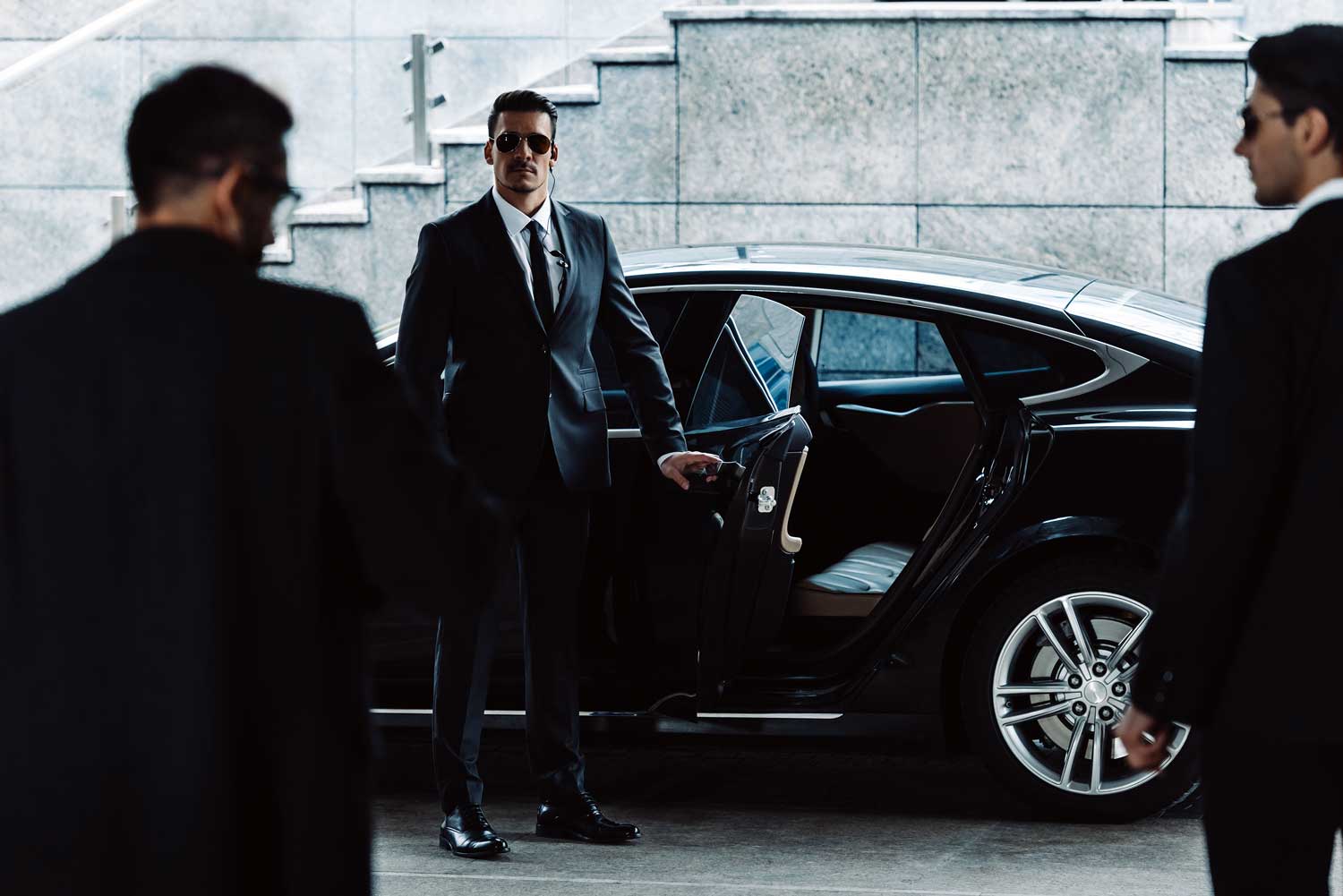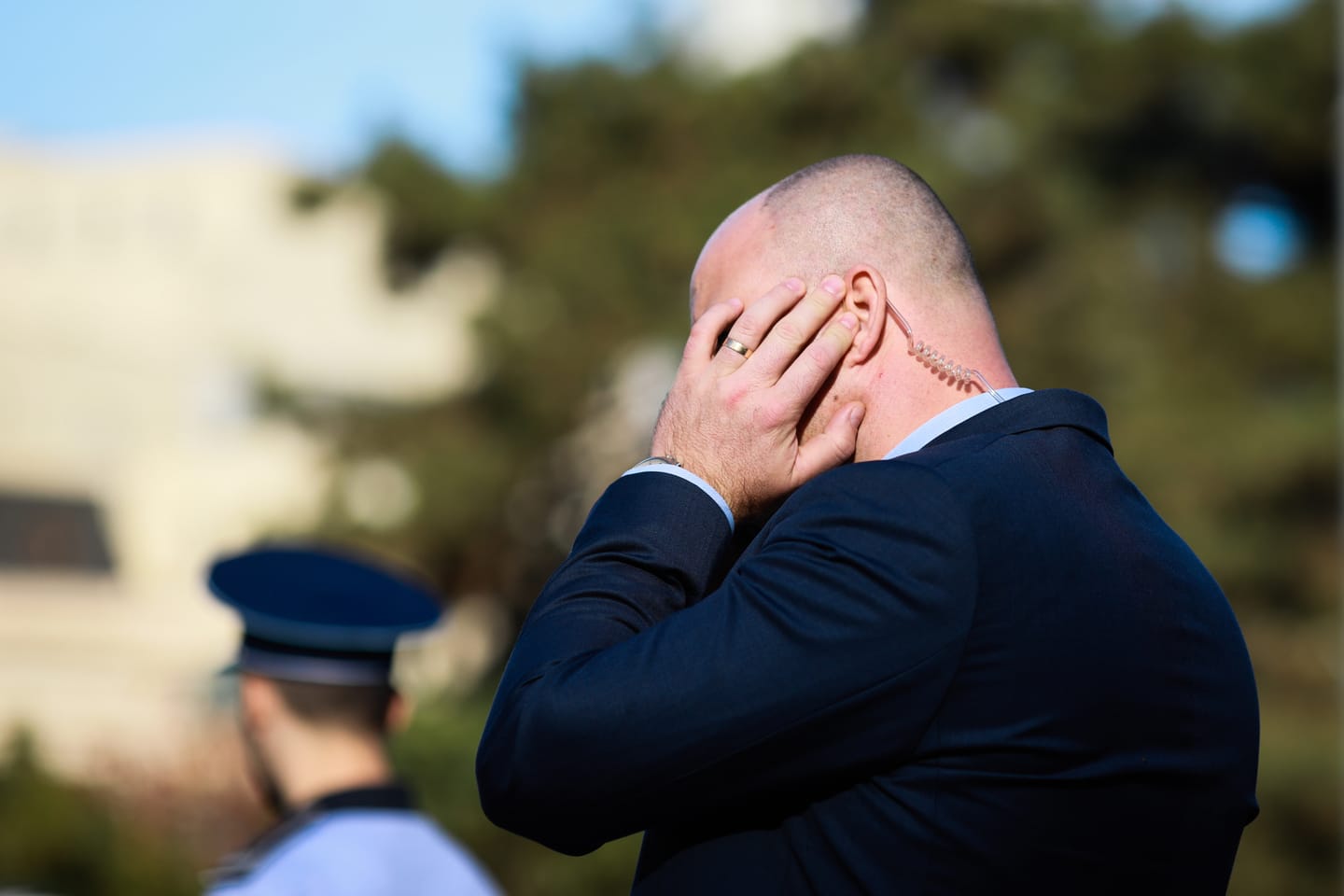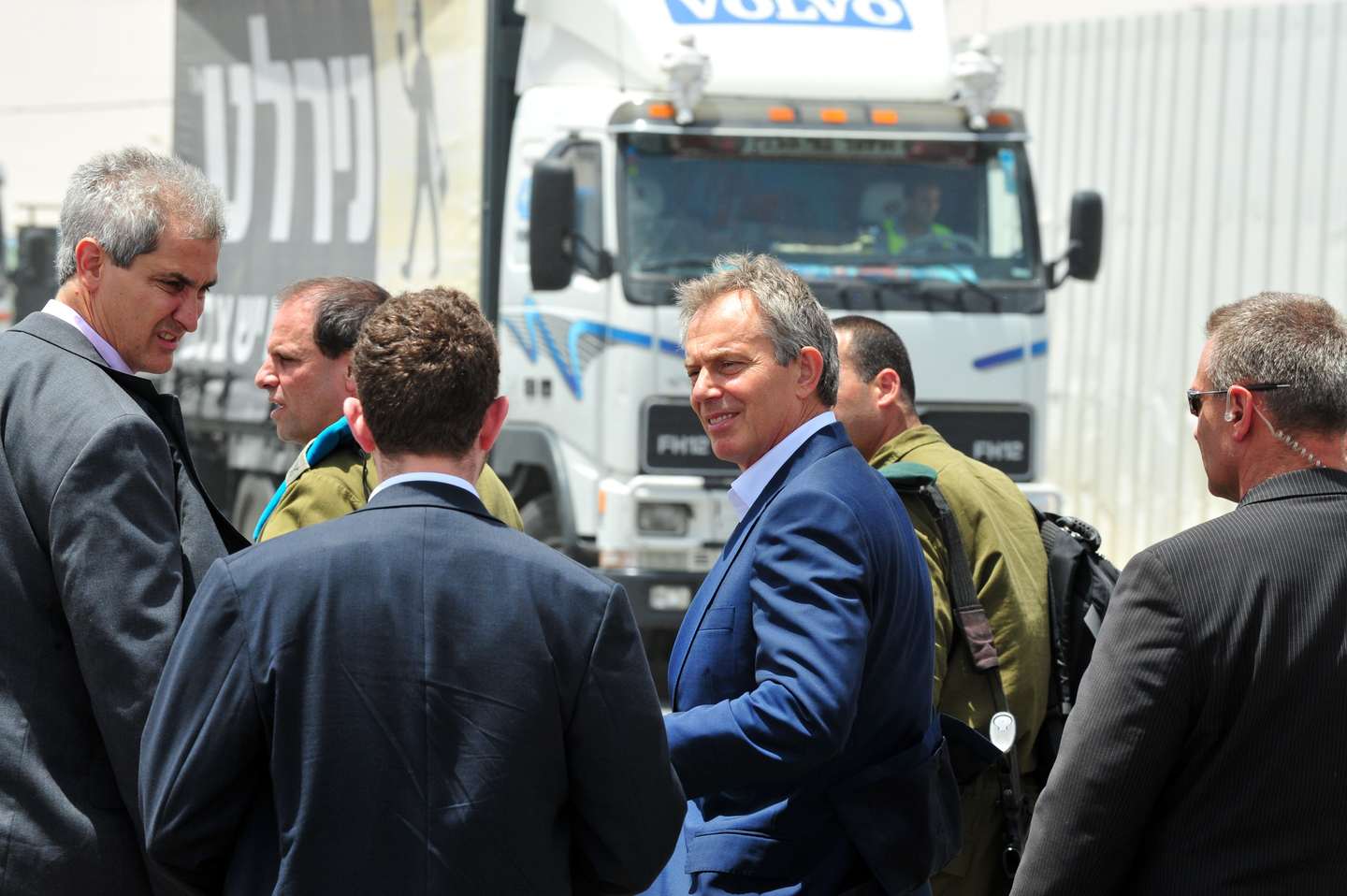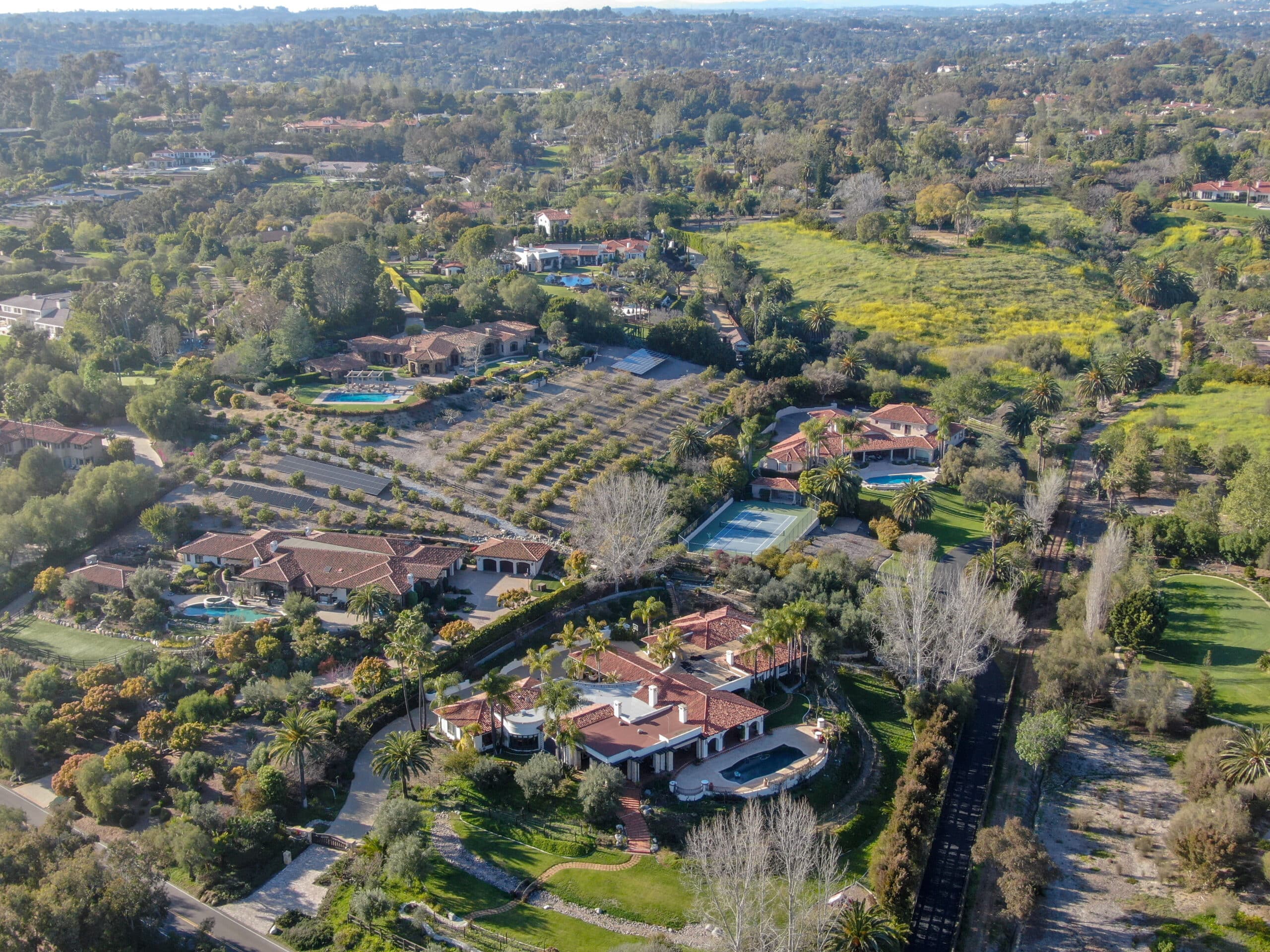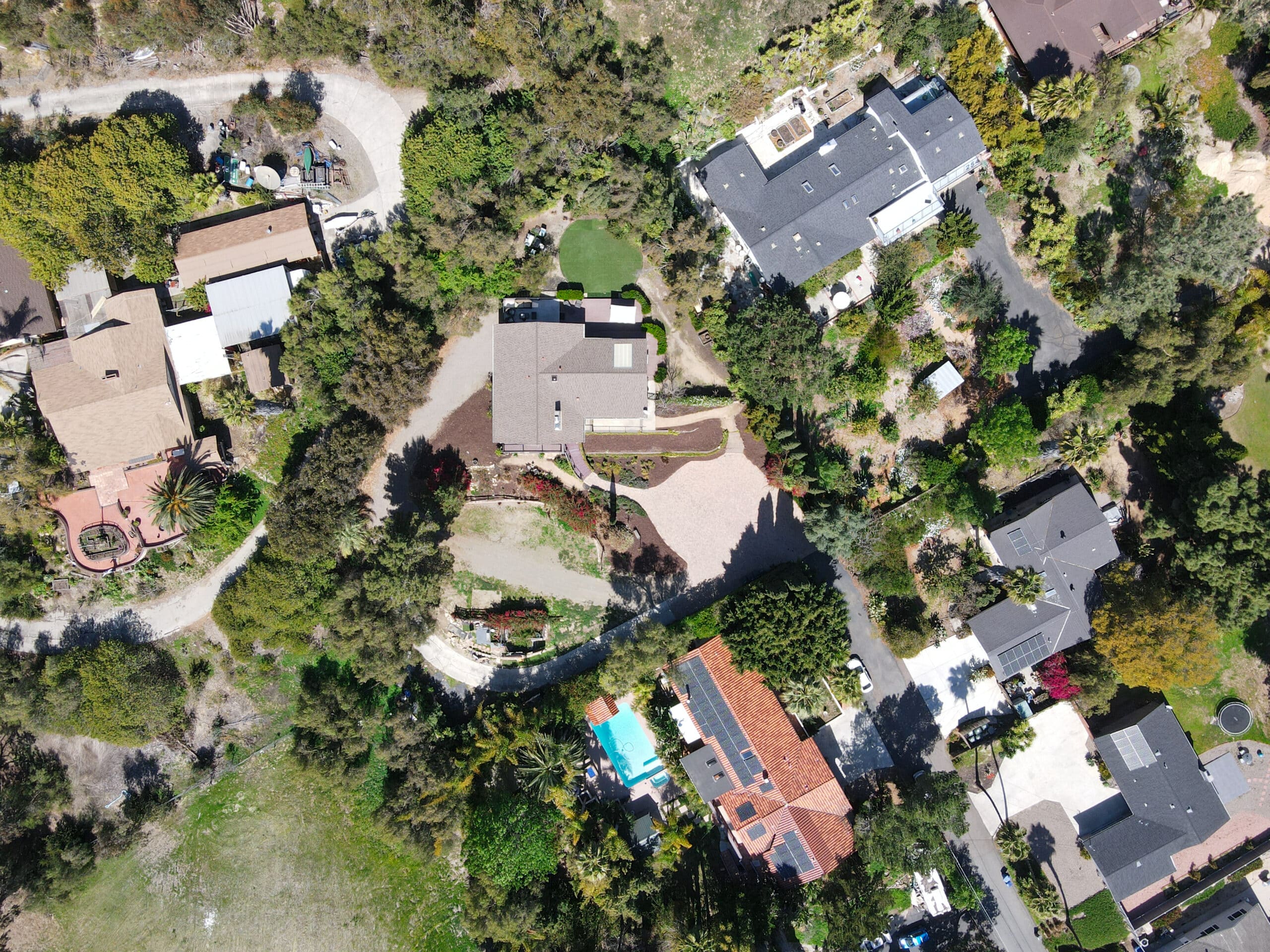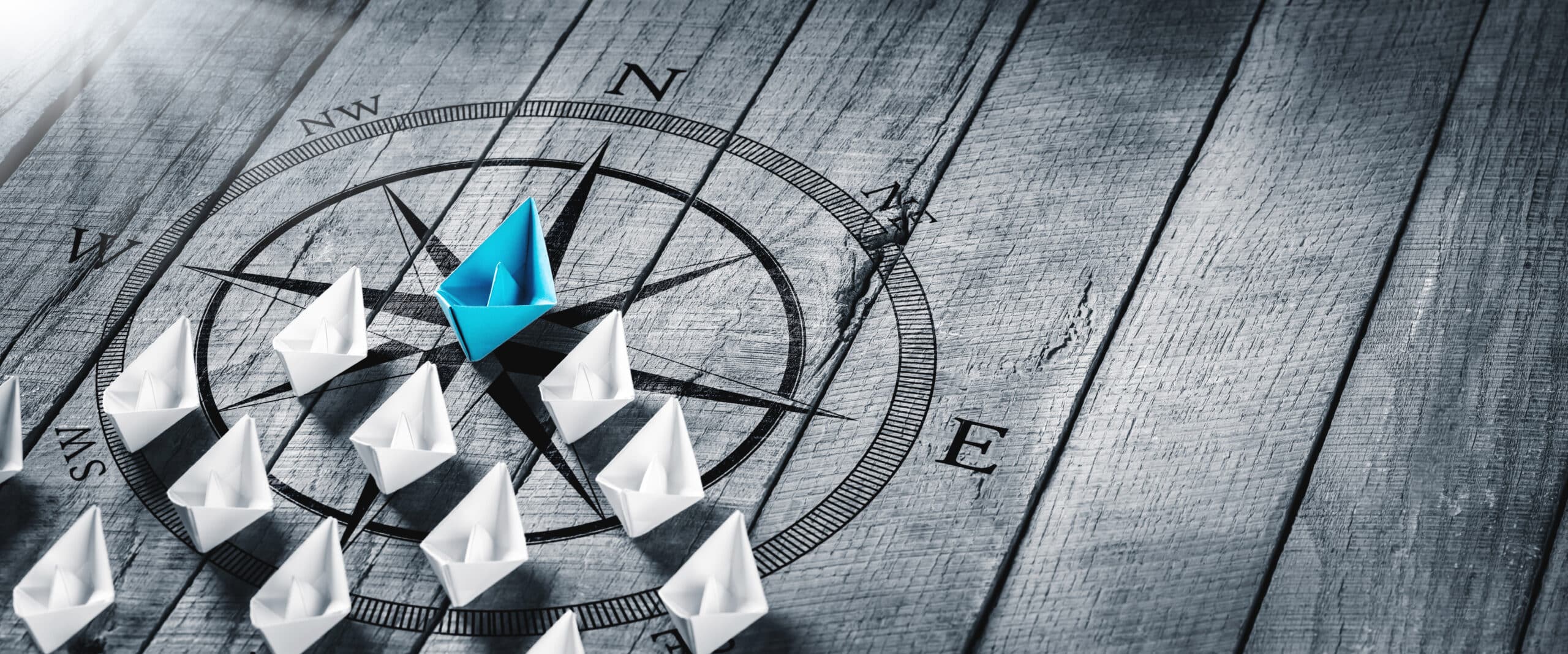Estimated reading time: 10 minutes
A bodyguard’s duties extend beyond the conventional physical strength and intimidation perception. Picture a situation where an individual wanders through the urban environment of New York City on a cold night. This person is not simply a passive onlooker; instead, they serve as an active protector, meticulously observing every passerby with keen awareness and integrated vigilance.
Equipped with more than just physical strength, a bodyguard’s arsenal includes combat and protection training, rapid decision-making skills, and an unwavering commitment to protect someone else’s life. This isn’t a role reserved for the fictional heroes of movies; it’s a natural, demanding profession.
Indeed, the roles of a bodyguard encompass not just brawn but brains. Their days are filled not only with potential high-octane chases but also with detailed planning and strategic operations.
A bodyguard’s responsibility stretches far beyond simple physical protection. It involves managing public relations, providing personal assistance at times, and maintaining strict confidentiality – all integral aspects of the diverse roles of a bodyguard.
Table Of Contents:
- Understanding the Roles of a Bodyguard
- Personal Security: More Than Just Muscle
- Advanced Planning and Risk Assessment
- Confidentiality and Discretion
- Crisis Management and Quick Decision Making
- Public Relations and Diplomacy
- Technical Skills and Modern Technology Utilization
- Close Proximity and Personal Assistance
- Legal Knowledge and Ethical Boundaries
- Physical and Mental Resilience
- FAQs about the Roles of a Bodyguard
- Conclusion
Understanding the Roles of a Bodyguard
The roles of a bodyguard go beyond mere physical protection. They are not just burly figures in black suits but professionals who wear many hats to ensure their client’s safety.
One of their primary roles is personal security. This includes shielding clients from threats and ensuring safe passage through crowds. Their training in close protection allows them to neutralize potential dangers effectively.
Bodyguards also undertake strategic planning and risk assessment for each assignment. They scout locations beforehand, devise secure travel routes, and prepare emergency contingency plans. The objective is always minimizing exposure to risks.
Intriguingly, they need discretion as much as brawn since handling sensitive information comes with the territory. Trustworthiness becomes vital here; they often become silent custodians of secrets that require absolute confidentiality.
The role demands quick decision-making, too, because crises don’t announce themselves. All scenarios, from medical emergencies to sudden attacks, require swift responses under pressure.
Personal Security: More Than Just Muscle
A private security guard’s role is more than just flexing muscles and throwing punches. Sure, physical aptitude is essential but it’s not the sole factor.
The job of a close protection agent or a private security officer needs skills like combat training and situational awareness. These are crucial for personal defense, crowd control, and threat neutralization.
Imagine you’re in a crowded place with your client. Suddenly, a suspicious person approaches quickly. It’s up to you to spot them from afar, analyze their intent, and decide on an action plan – all within seconds.
- You need combat and firearms training to handle any potential physical threats efficiently.
- Situational awareness is crucial for identifying suspicious behavior, as it involves constantly understanding what’s happening around you to stay ahead of potential dangers.
Advanced Planning and Risk Assessment
A significant role of a bodyguard is advanced planning and risk assessment. It’s not all about brawn, but also about brains. A bodyguard’s primary duties are the need to think ahead, predict possible threats, and plan for their clients.
The process starts with pre-visit location assessments. Here, the bodyguard or executive protection agent scopes out the destination in advance to identify potential security risks like blind spots or crowd control issues. This lets them start preparing contingency plans early on.
Route planning follows next where alternate paths are identified just in case there’s a need for quick exit strategies due to unforeseen circumstances such as traffic congestion or direct threats.
Risk mitigation plays an essential part too – it involves steps taken before any incident happens so that if it does occur, its impact can be reduced significantly.
This intricate balance between foresight and immediate response defines the true essence of being a top-tier bodyguard at Global Risk Solutions (GRS).
Confidentiality and Discretion
Confidentiality and discretion are also crucial aspects of the job. This means handling sensitive information with care, ensuring that a client’s private matters stay private.
Trust is an integral part of this profession. Clients must be certain that their private matters won’t become public knowledge or used against them in any capacity. Therefore, a good bodyguard must exhibit trustworthiness at all times.
Discretion extends beyond simply not disclosing confidential information. It involves knowing when to step back, giving clients space while still maintaining security vigilance – striking a delicate balance between privacy and protection.
This level of professionalism demands strict discipline but is vital for building strong relationships based on mutual respect and confidentiality – hallmarks of exceptional service in the high-stakes world of personal security.
Crisis Management and Quick Decision Making
Bodyguards are the first line of defense in any crisis, but their role goes beyond just physical protection. They’re also expected to think on their feet and make critical decisions quickly.
A bodyguard’s swift decision-making can mean the difference between safety and harm when facing unexpected situations like a medical emergency or direct attack. Just as an ER doctor must swiftly assess patient needs, so too must a bodyguard assess threats.
This need for speed doesn’t negate the necessity for calm under pressure. Picture a duck swimming: above water, it appears serene while underneath its legs paddle furiously – that’s how cool-headedness amidst chaos should be.
Public Relations and Diplomacy
One such overlooked aspect is their engagement in public relations and diplomacy. Bodyguards and close protection agents are sometimes thrust into the spotlight, managing interactions with both the public and the media.
Their responsibilities might involve acting as a spokesperson for their client during public appearances and answering questions from curious bystanders or nosy reporters during a public event. This calls for not just tact but also quick thinking on their feet to avoid divulging any sensitive information.
Diplomacy comes into play when dealing with situations that require negotiation skills – like smoothing over an issue at a high-profile event or ensuring a smooth passage through crowds of fans or protesters. A good bodyguard knows how to strike the right balance between being firm yet polite, and assertive yet respectful.
Technical Skills and Modern Technology Utilization
In the digital age, bodyguards need to stay sharp with technology. Surveillance systems have advanced from basic cameras to sophisticated tech that allows them to observe multiple locations simultaneously.
The roles of a bodyguard include undergoing continuous training in new security technologies and methods. This could range from learning how to use cutting-edge biometric scanners to understanding sophisticated alarm systems.
Communication devices are another critical aspect where modern tech comes into play. Bodyguards must be adept at using secure communication channels like encrypted radios or mobile apps designed for discrete messaging between security personnel.
Close Proximity and Personal Assistance
Being close enough to assist without infringing on their client’s privacy is essential for a bodyguard. But this doesn’t mean invading personal space.
The key is striking the right balance between being protective and maintaining a respectful distance. It’s like being a shadow – always present, but not intrusive.
The roles of a bodyguard may include helping with simple tasks such as carrying bags or opening doors. Although these may seem insignificant, they contribute significantly to ensuring the customer feels secure and at ease.
Remember that while muscle can deter potential threats, it’s empathy and respect that build trust – which is crucial for effective protection. Studies have shown how trust can significantly improve safety outcomes.
Legal Knowledge and Ethical Boundaries
This legal knowledge is vital in ensuring the security protection methods are within legal bounds.
In addition, ethical boundaries play a crucial part. A good close protection agent respects privacy rights and maintains confidentiality at all times in their security strategies. Trustworthiness becomes essential here, as they often have access to sensitive information.
Understanding personal security law helps them navigate complex situations without overstepping their authority or violating someone’s rights.
Ethics also extends to respecting cultural differences, and showing sensitivity towards different lifestyles or beliefs that may be encountered due to the global nature of their work.
Physical and Mental Resilience
It’s more than just muscle and might; it’s also about mental resilience.
A solid bodyguard must possess an unshakeable mind, capable of remaining calm under pressure. This is because their role often involves high-stress situations that need quick thinking and decisive action. For example, during an unexpected security threat or emergency, they have to think on their feet to make sure everyone is safe.
Mental toughness comes from regular training and experience in the field. Just like how athletes train for peak performance, bodyguards too need consistent conditioning – both physically and mentally – to stay at the top of their game.
Besides mental fortitude, physical resilience plays a significant part as well. Regular fitness regimes are crucial not only for strength but also stamina – something every good bodyguard needs when long hours or sudden bursts of energy are called for on duty.
FAQs about the Roles of a Bodyguard
What are bodyguards allowed to do?
Bodyguards can protect, escort, and sometimes even intervene physically for their clients. But they must always abide by local laws and use force only when necessary.
What qualities are necessary in a bodyguard?
A top-notch bodyguard needs physical strength, quick decision-making skills, excellent situational awareness and the ability to stay calm under pressure. Trustworthiness is also key.
What are bodyguards trained to do?
They’re highly trained for risk assessment, personal protection techniques like martial arts or firearm handling, emergency response actions as well as managing public interactions tactfully.
What is the daily life of a bodyguard?
The day-to-day of a bodyguard involves assessing threats, planning routes securely, providing close proximity protection during client activities and staying on high alert at all times.
Conclusion
Being a bodyguard is no walk in the park. You’ve seen how it involves more than just muscle – it’s about brains too.
The roles of a bodyguard span personal security, advanced planning and risk assessment, all while maintaining confidentiality and discretion.
They’re tasked with crisis management and quick decision-making; they manage public relations with tact; their work incorporates modern technology use; sometimes they assist personally – yet always from a respectful distance.
And let’s not forget the legal knowledge required, along with ethical boundaries to navigate. Physical resilience? Sure thing! But mental toughness plays an equally crucial role!
All this makes being a bodyguard an intricate job that requires multi-faceted skills beyond what meets the eye!

